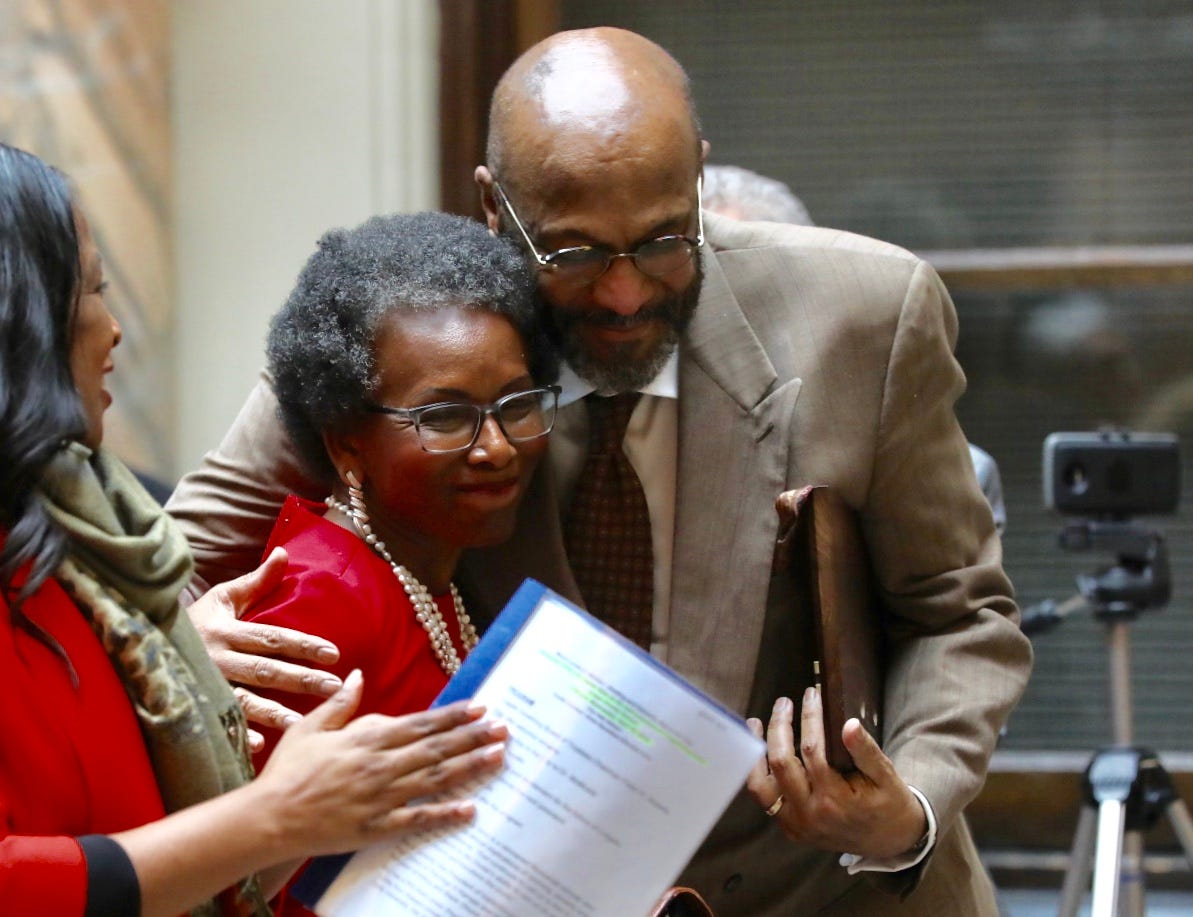

But nobody is asked to forget the Holocaust or the civil war and so on. Black people are asked to forget slavery, lynching, Jim/Jane Crow, and disenfranchisement and to act as if systemic racism does not exist. Suppressed memory haunts and continues to terrorize in some form. The human mind is not made to forget but to remember. Black people are constantly asked to forget-to forget about slavery, about lynching, about racism and its exigencies, as if forgetting is the way to heal and to have peace. Sims states that “lynching continues to be associated with shame and denial-shame embodied by one too many who lived under this regime of terror, and denial by one too many who refute evidence preserved on postcards and other visual depictions” (32).

Understandably, everybody did not want to talk or to recall the evil of lynching. And what the survivors, if I may call them that, testify about the miraculous faith of a terrorized people. Through the power of memory, provoked memory, Sims gave space and the possibility of voice out of silence. Sims worked to connect the bones and to put flesh and tendons and skin so that they might live and speak a necessary truth. “Silence is not necessarily acquiescence to things as they are but rather a contextual response to preserve life” (22) and perhaps sanity and one’s ability to love. Not because they lacked the courage to tell the story but in order to safeguard their own well-being. And they do speak! Sims embodied the spirit of Ezekiel: for almost two years (from July 2009 to Feb 2011) she attempted to breathe life into a southern valley full of dry unburied bones, to resurrect that from which many black people would rather avert their gaze rather than re-member. Sims is like Ezekiel asking can these bones live and speak. Sims calls these acts of remembering and of testifying prophetic practice. Black people were subjected to surveillance and the constant threat that they could be the next strange fruit hanging from popular trees. Those who choose to participate, to be interviewed testified to what they saw and felt, as well as what they were made to feel but did not see with their own eyes. Sims sat with and listened to black people telling their truth and painfully re-membering what it was like to live in a culture of terror characterized by the lynching of black bodies. Lynched represents the culmination of qualitative research Dr. It has always been necessary for black people to say that black lives matter. Sims’s book Lynched connects these dots, demonstrating a trajectory from a not so distant past to the present. Throughout our history, the dominant culture has created a culture of terror in tandem with an ideology of inferiority and a mythological (as in fictional) fear of black bodies that has resulted in state sanctioned lynching and neo-lynching of black men, women, children and some of their allies.


 0 kommentar(er)
0 kommentar(er)
